0 x item(s)
E85510 EFE Rail WD Austerity Saddle Tank No. 7 Robert NCB
Since the early-1940s the War Department Austerity Saddle Tank has been a common sight on Britain’s railways – playing a vital role in the Allied victory of World War Two before becoming a mainstay of industrial operations and, more recently, heritage railways. Unveiled as part of the EFE Rail range, the WD Austerity Saddle Tank is a fitting subject as the brand’s first N scale steam locomotive.
This all-new model is a high-fidelity miniature recreation of the prototype, sporting details such as metal handrails, sand boxes and pipes, brake hangers and separately fitted brake rigging, and a decorated cab backhead. Daylight is visible beneath the boiler, just as it should be, below which a representation of the inside motion has been moulded onto the chassis. The model is powered by a coreless motor, with electrical pickup from all wheels whilst each axle runs in a pair of separate metal bearings. DCC provision is by way of a 6 pin decoder socket located in the cab, however due to the limited space available a very small decoder such as the Bachmann 6 Pin Micro decoder (36-571) is required for this model.
No. 7 ‘Robert’ was delivered to the War Department in 1943 and was sold to the National Coal Board in 1950. Named ‘Robert’ whilst at Bold Colliery in 1978, ahead of the Rocket 150 Celebrations at Rainhill, the locomotive attended the event resplendent in lined green livery as depicted by this EFE Rail model.
MODEL FEATURES:
- EFE Rail N Scale
- Era 7
- Locomotive is now Preserved
- Pristine National Coal Board Lined Green livery
- Running No. 7
- Named ‘Robert’
- Accessory Pack
- NEM Coupling Pockets
- Powerful Coreless Motor
- Equipped with a 6 Pin (Micro) DCC Decoder Socket – recommended Decoder item No. 36-571
- Length 63mm
WD AUSTERITY SADDLE TANK HISTORY
The War Department Austerity Saddle Tank was the standard British shunting locomotive during the Second World War. Built to a Hunslet design, the construction was sub-contracted to various builders to expedite delivery of locomotives in order to help the war effort. The design was rugged and simple, ideal for operating in a hostile environment and where routine maintenance tasks would often need to be performed in the field. By 1947, a total of 377 locomotives have been built for the War Department but with the war ending two years previous, the military started to dispose of surplus engines; some were brought by the LNER and classified as J94s, others stayed in Europe where they had been deployed and were subsequently purchased by the Dutch Railways and various private industries. In the UK, the Saddle Tanks were popular with industrial users and along with examples purchased from the government, new locomotives were ordered taking construction right up to 1964. Of these new orders, the National Coal Board placed the majority. In industrial use many Austerity Saddle Tanks continued working long after steam had ended on British Rail and such is the simplicity of the design and the ease of operation, seventy examples have been preserved and can now be found at heritage railways throughout the UK.
-
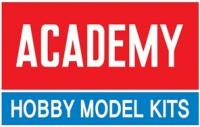
Academy Models
-

Accurascale
-
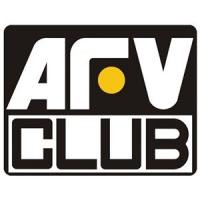
AFV Club
-
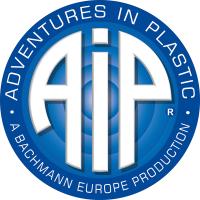
AIP by Bachmann
-

Airfix
-

Arnold
-

ATD Models
-
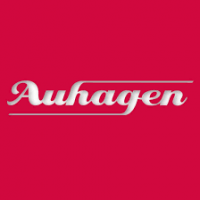
Auhagen
-

Bachmann
-

Bachmann Narrow Gauge
-
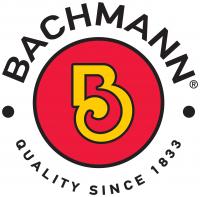
Bachmann USA
-
Barrie Stevenson
-

Bassett-Lowke
-

Berko
-

Busch
-

Cambrian
-

Clark Railworks
-

Corgi
-

Cornerstone
-

Dapol
-

DCC Concepts
-

Deluxe Materials
-

Dundas
-
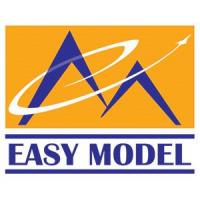
Easy Model
-

Eckon
-

EFE Rail
-

EFE Road
-

Emhar
-

ESU
-
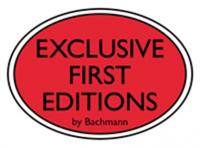
Exclusive First Editions
-

Faller
-

Fleischmann
-
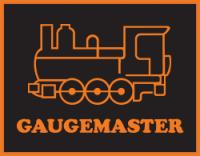
Gaugemaster
-

Gecko Models
-

Golden Valley Hobbies
-

Graham Farish
-

Greenlight Collectibles
-

Heljan
-
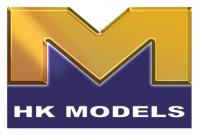
HK Models
-

Hornby
-

Hornby International
-

Hornby TT:120
-

Humbrol
-
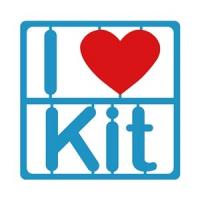
I Love Kit
-

Jouef
-
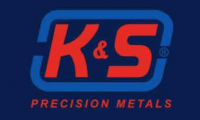
K&S Metals
-
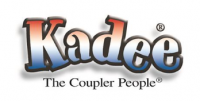
Kadee
-

Kato
-
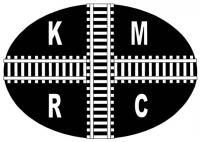
Kernow Models
-
Kestrel
-

Kibri
-

Lenz Digital
-
LightCraft
-

Liliput
-
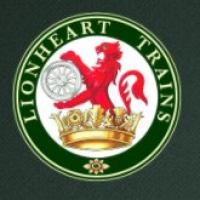
Lionheart Trains
-

Merit
-

Metcalfe
-

Middleton Press
-

Mirror Models
-
Miscellaneous
-

model scene
-

ModelMaker
-

Murphy Models
-

Noch
-

Oxford Diecast
-
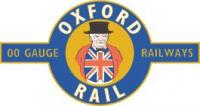
Oxford Rail
-
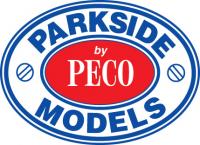
Parkside by Peco
-

PECO
-

Plastruct
-
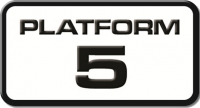
Platform 5
-

PM Model
-

Preiser
-

Proses
-
RailMatch
-
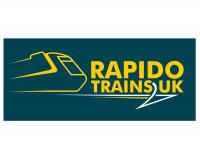
Rapido
-
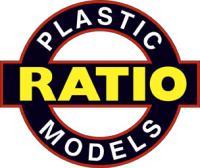
Ratio
-

Revell
-

Revolution Trains
-

Rivarossi
-

Roco
-
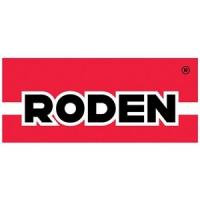
Roden
-

Scale Model Scenery
-

Scalextric
-
Shawplan
-

Slaters
-
Smiths
-

Springside
-
Star Tec
-
Strathwood
-

Superquick
-
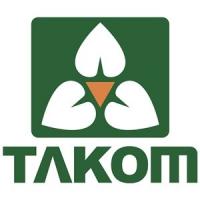
Takom
-
Taliesin
-
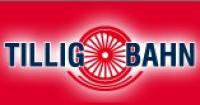
Tillig
-
Tiny Signs
-

Toyway
-
Tracksetta
-

Train-Tech
-

TrainSave
-
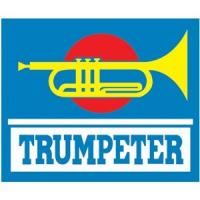
Trumpeter
-

Viessmann
-

Vollmer
-

Wills
-

Woodland Scenics
-

Xuron
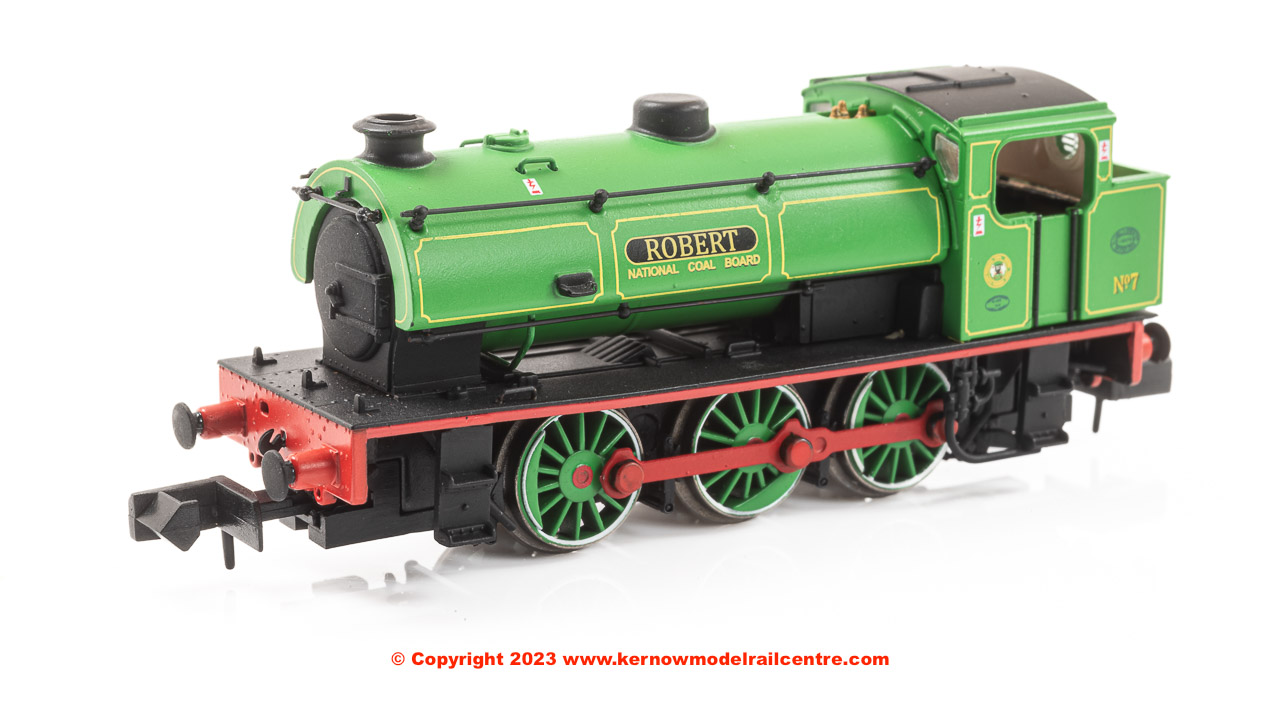
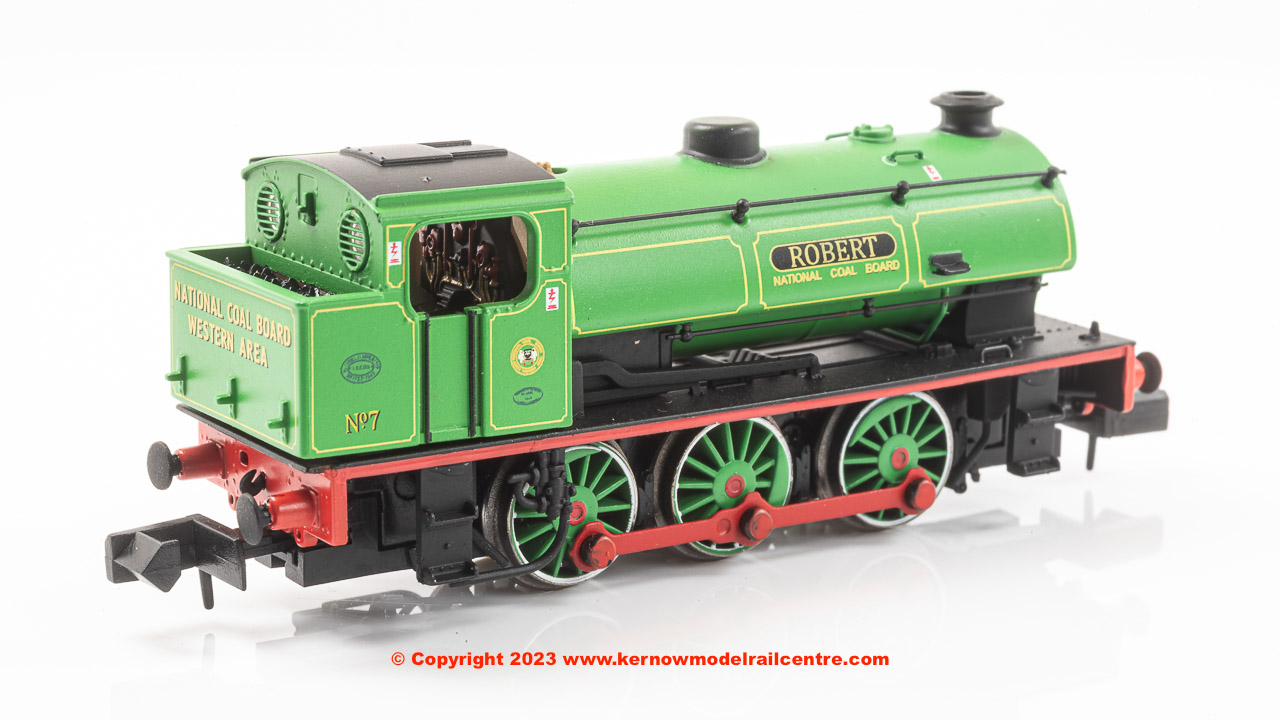
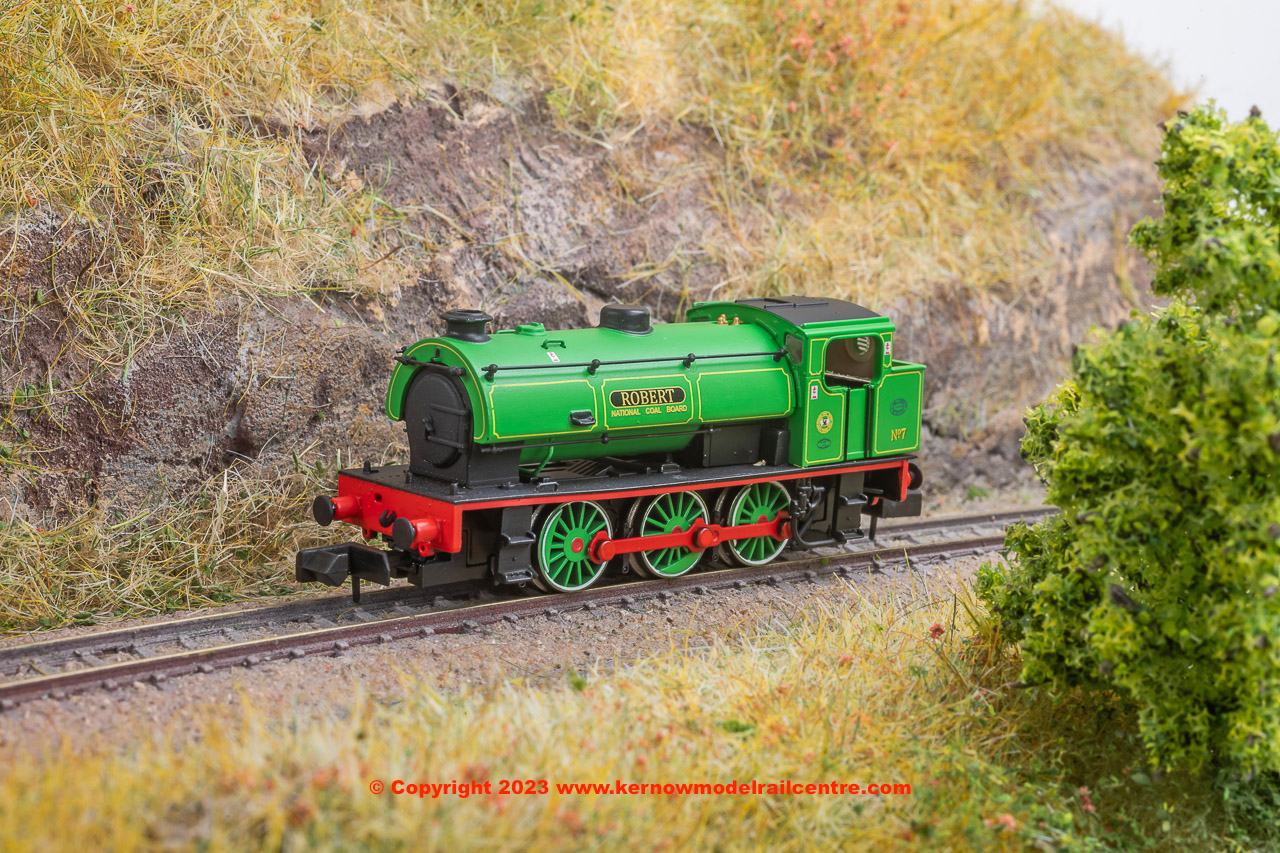
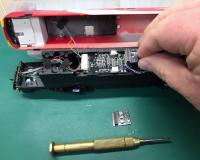
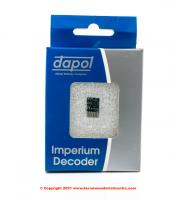
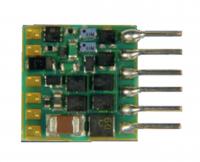

Connect with us socially

